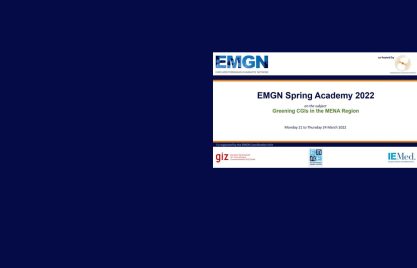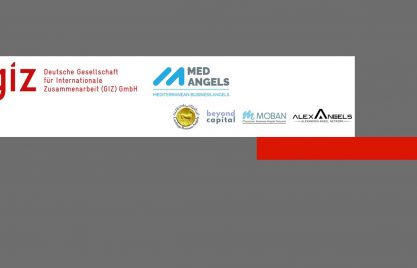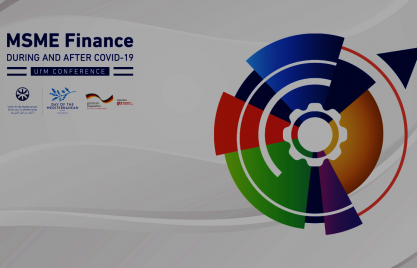The Central Bank of Jordan received the AFI Award for being the most engaged new member in the global network of financial inclusion policymakers, during the 2017 Global Policy Forum held in Sharm El Sheikh, Egypt
On 13 September 2017, during the 9th Global Policy Forum, the biggest financial inclusion policy forum to date and the first in the Arab region, the CBJ received the AFI ‘Best Newcomer’ Award for being the most engaged new member in the global AFI network since its membership in mid-2016.
And the AFI Best Newcomer Award goes to… Central Bank of #Jordan. Mabrouk! Well deserved @BahouMaha and TEAM #afigpf pic.twitter.com/7J3ylkuWMs
— Atilla Kaiser Yucel (@atillayucel) September 13, 2017
The ‘Best Newcomer’ Award honors the CBJ for having effectively used most of the AFI products and services since joining the global network. The Bank became a member of AFI in April 2016 and has quickly established itself as a regional leader for financial inclusion policy and a valuable addition to the network of over 110 financial inclusion policy-making and regulatory institutions from 95 developing and emerging countries.
Reinforcing its role as a frontrunner in the Arab world, the CBJ at the AFI GPF in Sharm El Sheikh furthermore released new financial inclusion policy commitments. It amended the establishment of a regulatory sandbox and the introduction of FinTech-friendly regulations to its Maya Declaration, which it released already in September 2016 for its national goal of increasing financial inclusion from 24.6% to 36.60% of adults by 2020. The Maya Declaration, launched in 2011, is AFI’s initiative that led to date to a total of 62 public commitments by its members.
The CBJ understands financial inclusion not as an end in itself, but as a means to an end. Before joining AFI, the Bank in close cooperation with GIZ embarked on a process for building a more enabling environment and robust infrastructure towards an inclusive financial system, which empowers people and businesses and contributes to sustainable development. It is leading the preparation for the country’s financial inclusion strategy, while engaging numerous public, private and civil society stakeholders, and focusing on youth, women, refugees and the poor.
By Atilla Kaiser-Yuecel



